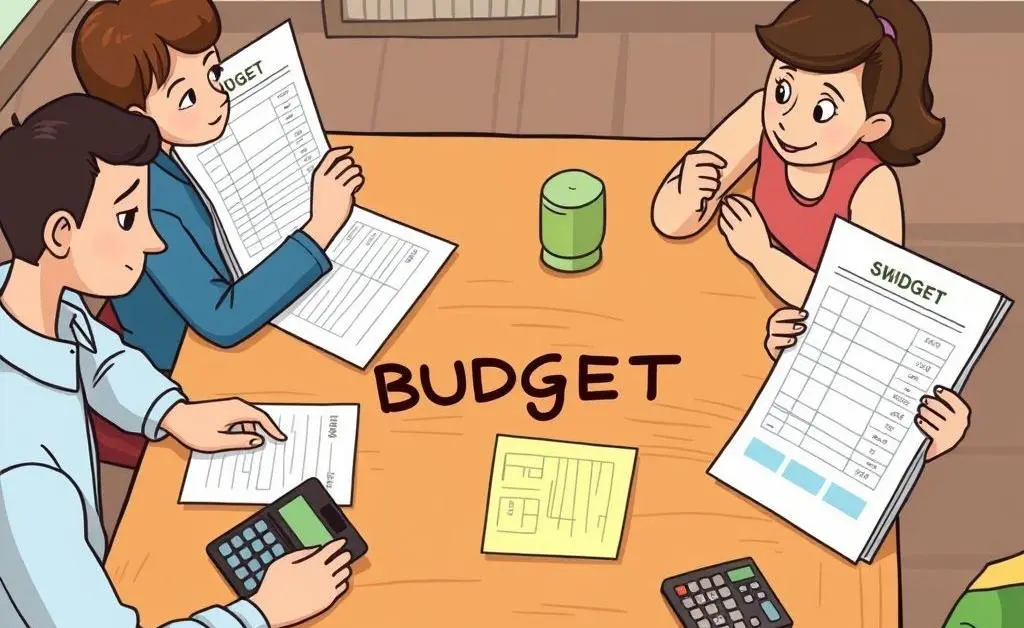How Tariffs Might Be Affecting Your Everyday Expenses
Explore the subtle ways tariffs influence daily expenses and find out how to adapt.

Have you ever left the grocery store wondering why your usual spend seems a bit out of hand? Maybe you’ve noticed that certain items have crept up in price, but you’re not sure why. The reality is, tariffs could be subtly impacting your day-to-day expenses, without you even realizing it.
What Exactly Are Tariffs?
In simple terms, tariffs are taxes imposed on imported goods. They’re designed to make foreign products more expensive, thus encouraging people to buy domestic alternatives. While this might sound beneficial on a national scale, it’s important to see how it trickles down to affect your wallet directly.
The Sneaky Rise in Everyday Prices
Consider the last time you shopped for your favorite imported coffee or cheese. A story I've heard involved Emily, an avid coffee lover, noticing that her imported beans from Brazil costs a lot more than last month. She hadn’t changed her buying pattern, yet this tariff had elevated her coffee expenses almost imperceptibly over time.

But it’s not all bad news. Understanding these changes can empower you to make smarter decisions.
Adapting to These Changing Costs
- Opt for domestic alternatives: Supporting local products could save you money and benefit local businesses.
- Plan your budget: Anticipating higher costs can help you allocate funds more effectively.
- Stay informed: Keeping up-to-date with policy changes helps manage unexpected shifts in your budget.
Conclusion: Navigating This Economic Shift
In a world where policies and tariffs are constantly shifting, paying attention to their impact can help us make informed financial decisions. Whether it’s adjusting your grocery list or investing in local options, small changes can make a big difference.

How have you noticed changes in your expenses lately? Share your strategies for coping with economic shifts in the comments below!




